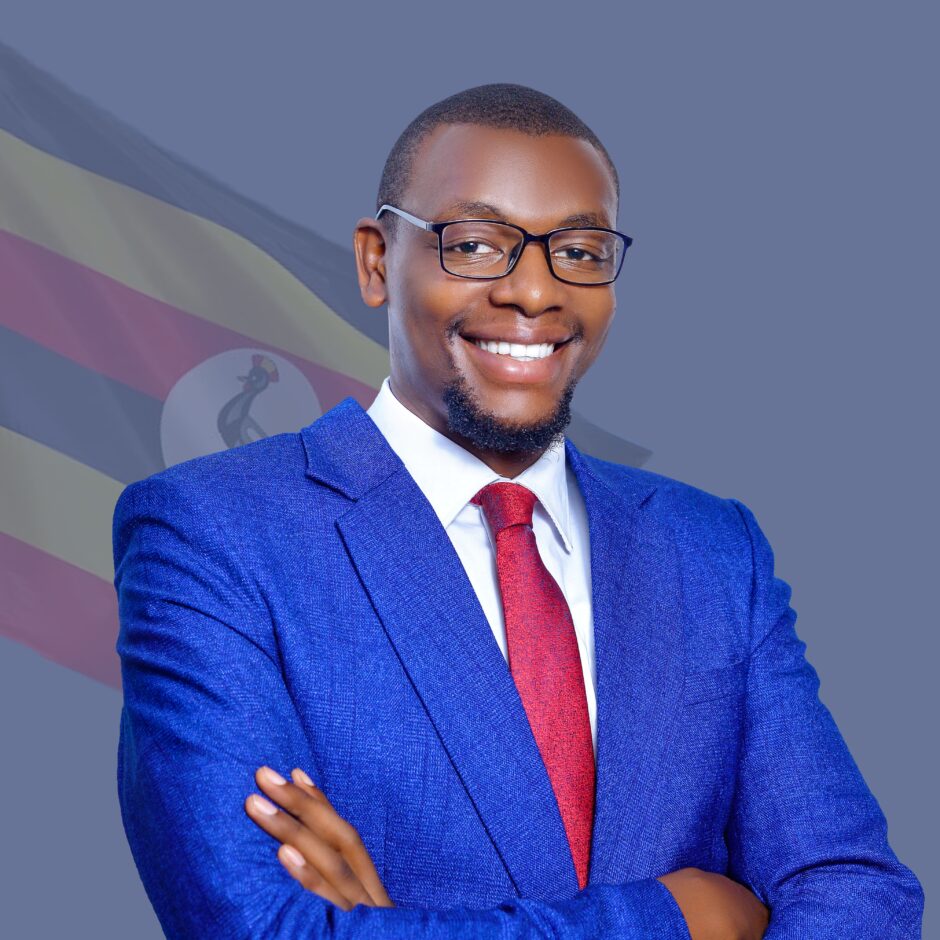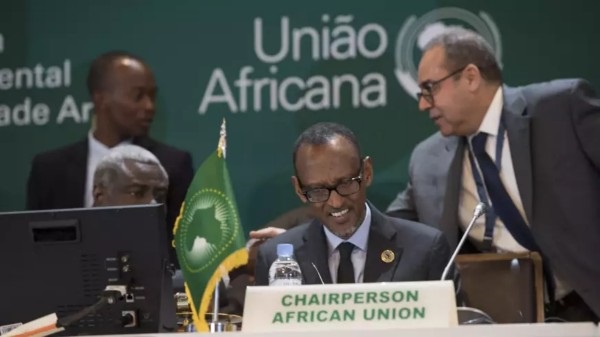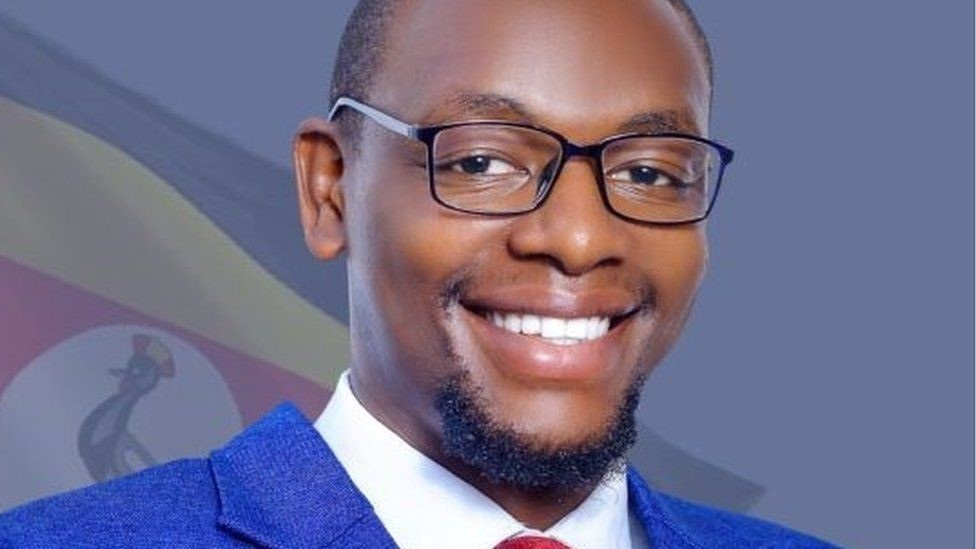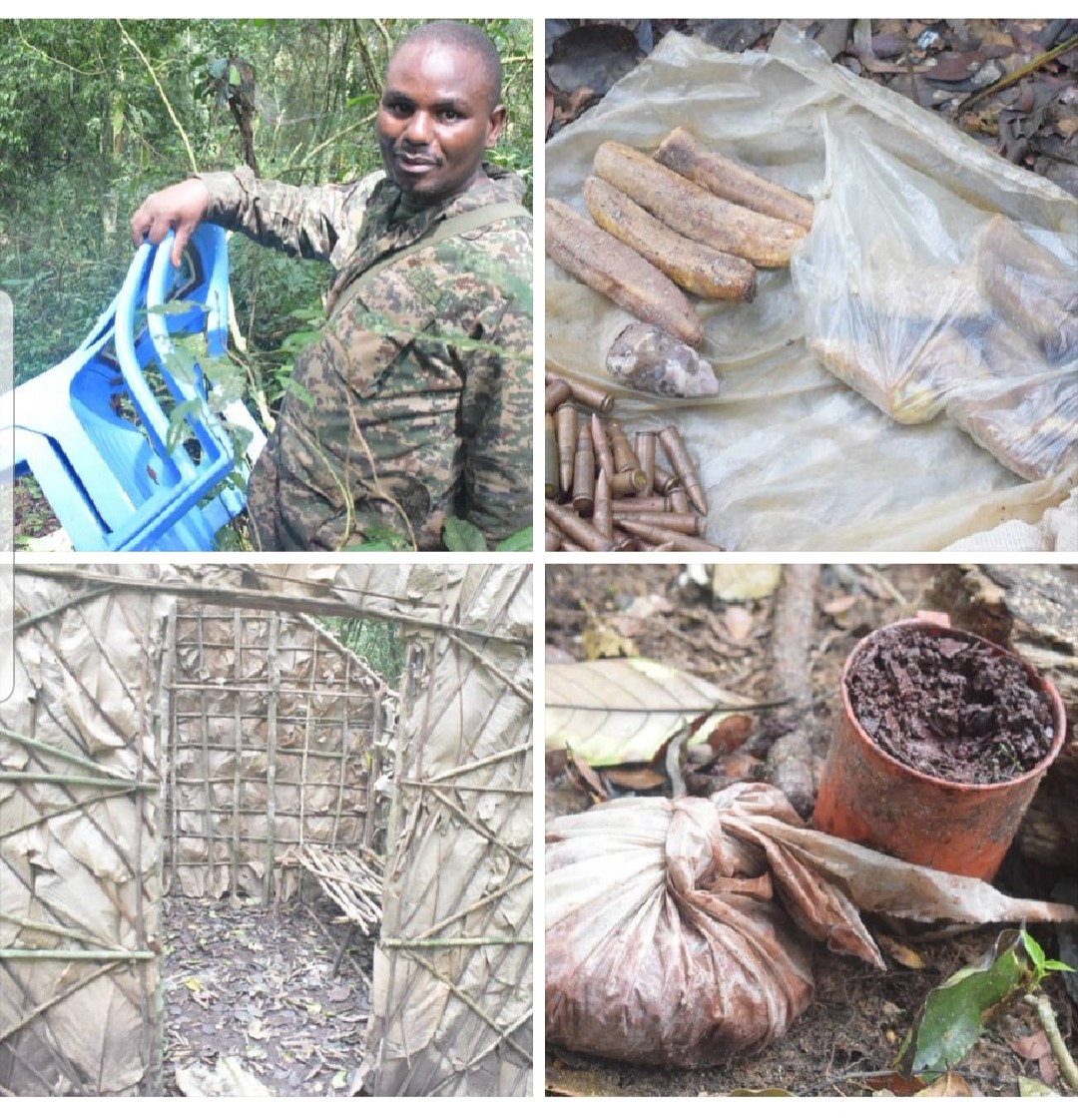Regional
Belgian officials assassinated Prince Rwagasore in Burundi, new book reveals
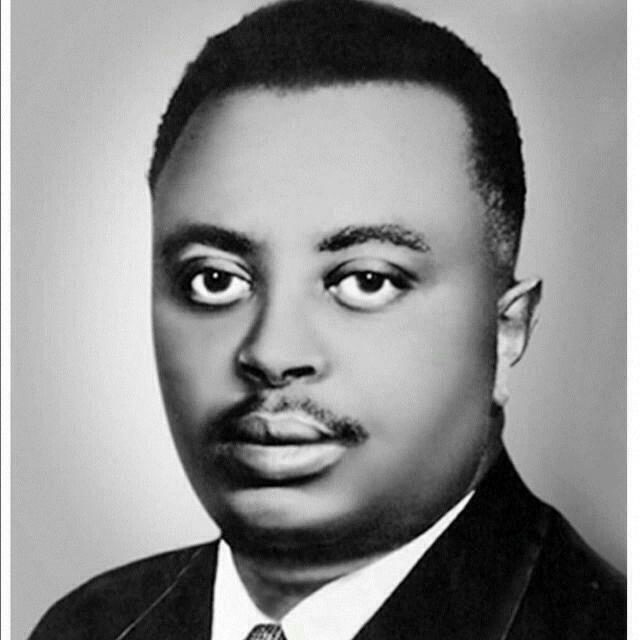
The Belgian state bears “overwhelming responsibility” for the assassination of Prince Louis Rwagasore in Burundi, reveals Ludo De Witte, a Belgian sociologist who has spent five years investigating the killing of Prince Rwagasore. His investigative findings are compiled in a new book called Murder in Burundi.
De Witte argues that the role of the Belgian state in the
assassination of Prince Rwagasore was never properly examined in previous
inquiries made by the Belgian colonial court, the newly independent government
of Burundi, and the United Nations.
In 1952, the 20-year-old Prince, after attending universities
in Antwerp and Louvain, in Belgium, returned to Burundi and led an
anti-colonial movement.
In 1956, Rwagasore urged Belgian Vice-Governor General
Jean Paul Harroy, to install a “Murundi” constitution in preparation for
eventual Burundi independence. One year later, he founded a series of
cooperatives to encourage economic independence.
Belgian authorities, however, recognized these
cooperatives as a threat to their colonial power and banned them in 1958. In
response, Rwagasore founded the Union for National Progress (UPRONA) as
Burundi’s first indigenous political party and became its leader. At the UPRONA
Party Congress in March 1960, Rwagasore demanded total independence for Burundi
and called on the local population to boycott Belgian stores and refuse to pay
taxes. He called for civil disobedience which led to him being placed under
house arrest.
On September 18, 1961, parliamentary elections were held and
Rwagasore’s party won with a landslide victory, taking 58 of the 64 seats. His
victory was a surprise for the Belgian administration that was supporting the
opposition. On September 28, Rwagasore was installed by Parliament as the
prime minister. His administration only lasted 16 days. Rwagasore’s nation-building efforts which promoted
nationalism and decolonization challenged the Belgian divide and rule colonial
policy. He directly challenged Belgian colonial authority.
On October 13, 1961, as Prince Rwagasore was having dinner
at Hotel Tanganyika in Bujumbura, he was assassinated by a Greek mercenary.
Rwagasore was then only 29 years old. Most historians believe that his death
was the result of a conspiracy between the Belgians and the pro-Belgian
Christian Democratic Party (CDC) which played opposition to Rwagasore’s UPRONA party. At the time of his
assassination, Rwagasore was positioned to become the first political leader of
independent Burundi.
De Witte’s evidence of the Belgian official’s involvement
in the assassination was obtained from volumes of declassified documents from
archives in Brussels and London. In his research, De Witte found that Roberto
Régnier, the Belgian resident (governor), convened a crisis meeting of senior
Belgian officials and CDC allies, where he revealed the plot. “Rwagasore
must be killed”, the Belgian governor told his guests.
De Witte also reveals that the first clue of the existence of reports on the assassination of Rwagasore was found in a dispatch from Britain’s then ambassador to Burundi, James Murray. In 1962, Murray sent a report to his country indicating that some senior Belgians had a “pathological hatred” of Rwagasore, who they believed would harm Belgian-Burundi relations. He recalled Régnier’s “words which go very far in the direction of incitement to murder.”
Neighbouring
Rwanda’s King Mutara III Rudahigwa also died under unclear circumstances in Bujumbura, Burundi, on July
25, 1959.
The
prime suspects are the same colonial Belgian officials who ordered the
assassination of Prince Rwagasore. King Rudahigwa, like prince Rwagasore,
agitated for Rwanda’s independence and championed the unity of the Rwandan
people, who had been assigned “ethnicities” by the Belgians to entrench their
divide and rule policy.



